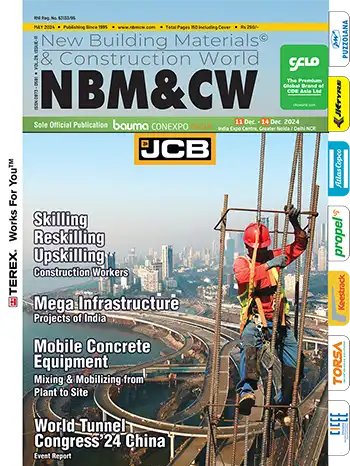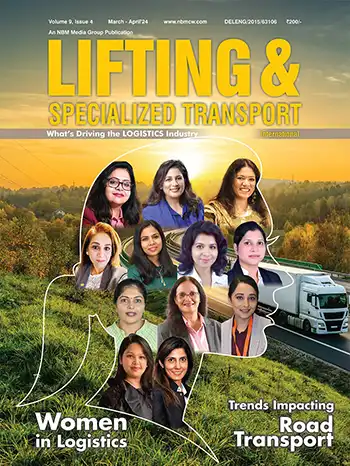JCB: Championing Operator Training & Upskilling in Construction Industry
Skilling is essential because, through continual innovation, machines undergo various improvements and changes in technology regularly. So, operators and technicians should always remain updated about the product so that they are better able to handle the machines.
Skilling significantly helps users be more productive and be aware of safety on worksites: JCB machines come with many features for better efficiency and productivity. These features are further enhanced from time to time and hence it is essential that operators can use them to the fullest. JCB’s Operator Training Centres have trained 50,000+ operators (till date) on efficient usage of the company’s machines, safely and productively. Over 20 such training centres spread across India and Nepal, offer certified courses designed to make operators well-versed in the operations of the machine and basic maintenance. The training program is a blend of practical and classroom training. The facilities are run professionally through certified training partners. The course curriculum is vetted by the company to ensure a world-class level of training for operators. In addition to enrolling in JCB’s operator training schools, if the customer desires, we also offer onsite training to ensure that learning takes place on the actual site condition.
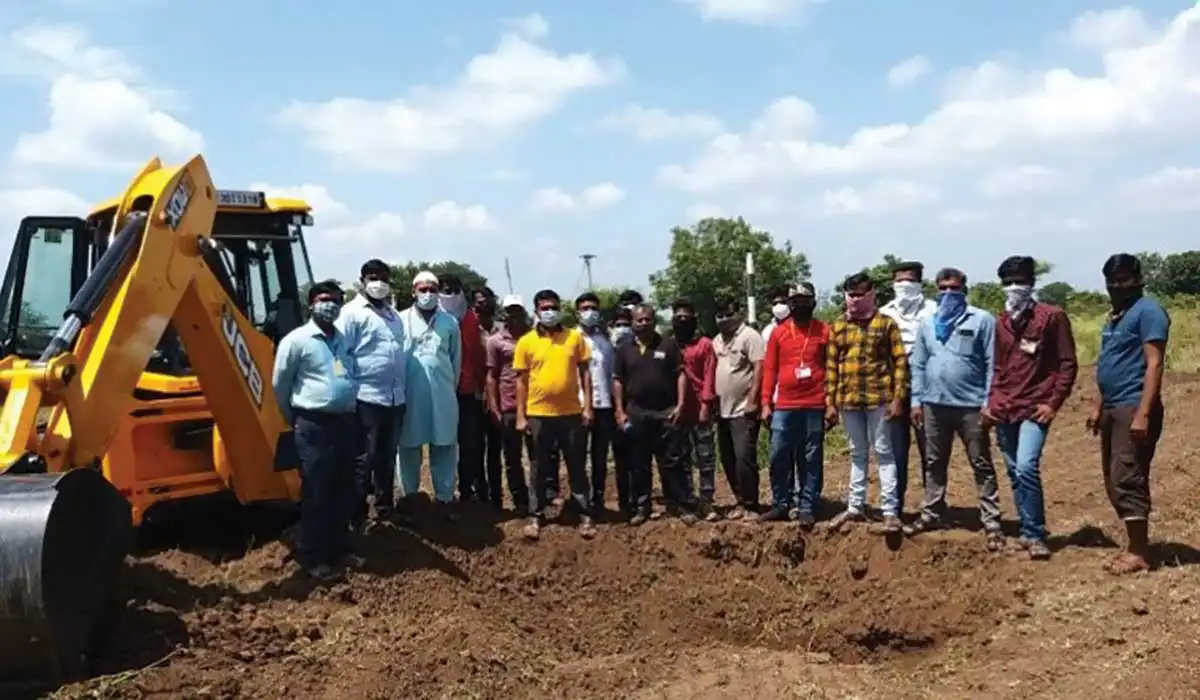
The operator training centres have qualified trainers and access to machines for practical training and classrooms for theory classes and have become extremely popular in the areas of their operation. The training program lasts for one month, and on completion, candidates are given a training certificate.
JCB is now introducing simulators to further enhance the training. We offer knowledge sharing during operator meets, train operators through JCB-trained demonstrators on their site, and conduct a refresher Recognition Prior Learning (RPL) course (NSDC approved) for experienced operators.
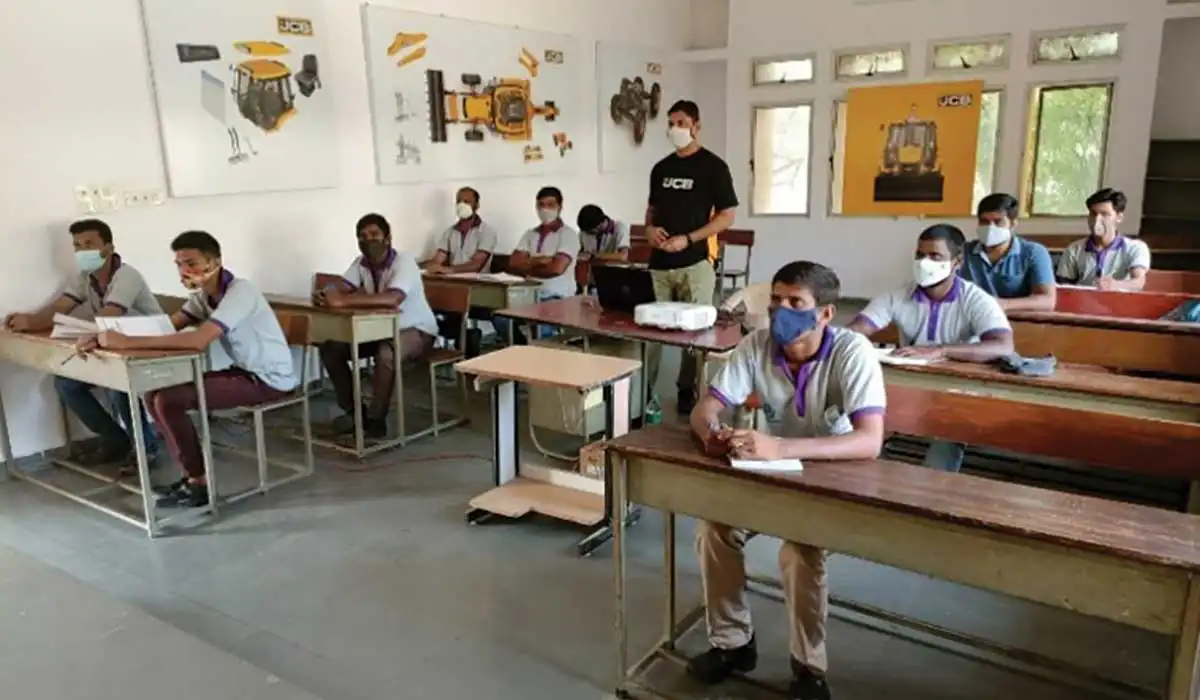
The industry is making significant efforts to address the issue of skilling in the sector: India is a significant market for Construction Equipment. Each year a large number of Construction Equipment is sold in the country. Each of these machines requires operators for their efficient working. Moreover, with the Government’s focus on building infrastructure, construction equipment is being used round-the-clock to ensure timely completion of projects. It is therefore critical that the operators who operate these machines are skilled enough to ensure maximum output and safety of the machines on the sites.
The Infrastructure Equipment Skill Council (IESC) is the nodal agency within our industry for operator training and is entrusted with the task of creating an interface between the industry and the government. The member companies of IESC work together for skilling in the Construction Equipment Sector. The issue of productivity and safety is of critical importance and hence the industry must work together to get global best practices in India.
The primary challenge is that, currently, no legislation mandates an operator to be trained on the machinery while operating it. A lot of training takes place on the job, which might not be the best solution. At JCB, we have always stressed the importance of professional training while operating machines.
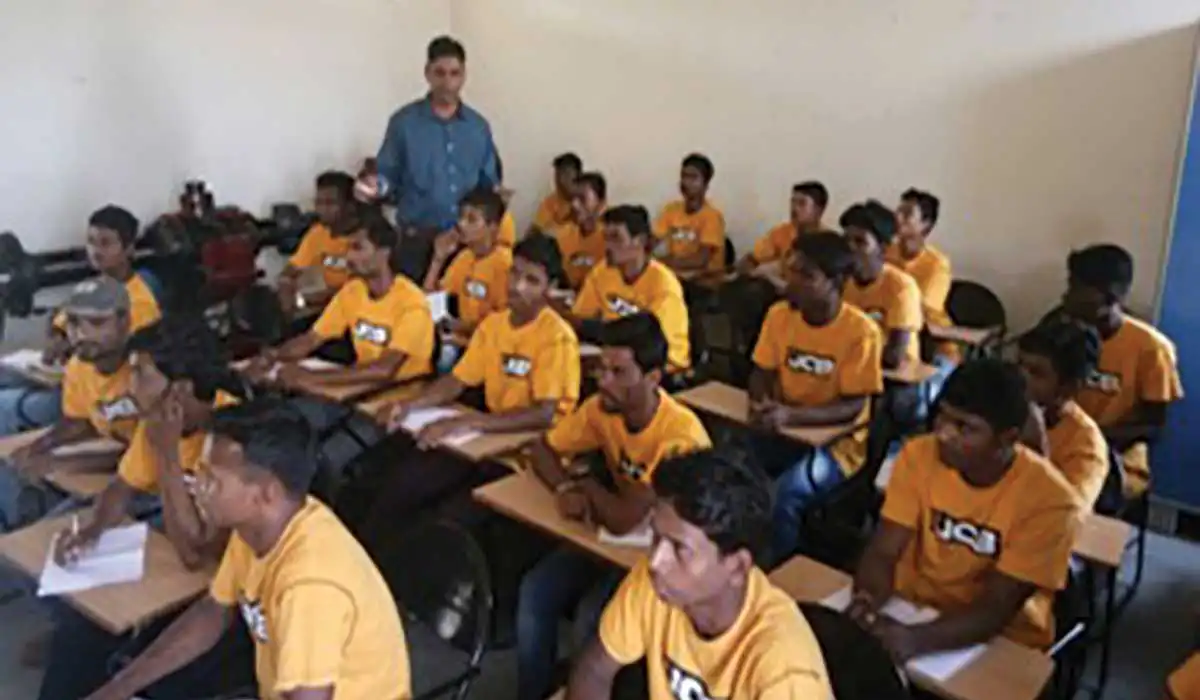
The industry must keep updating training on various new product categories, as and when they are launched: A variety of construction equipment is being introduced in India; global best practices are being replicated, and we are seeing an influx of technologies and products. Telescopic Handlers, Access Platforms, Skid Steer Loaders, and Mini Excavators are now popular on Indian worksites. Therefore, there exists an opportunity for us to work together and create training courses for newer equipment being inducted.
Harnessing the power of digital will also become critical as we go along: The digital landscape with the introduction of IoT, Machine Learning, and applications, is also changing the way the industry is developing. At JCB, we have almost 230,000 connected machines that give real-time information about the Service, Operations and Security of the machines. This data is available to the Operators, Customers, Dealers. Operators must use these digital aids for their working, including for daily maintenance and checks of their machines. This is beneficial in the overall life cycle of the machines.
NBM&CW - May 2024















